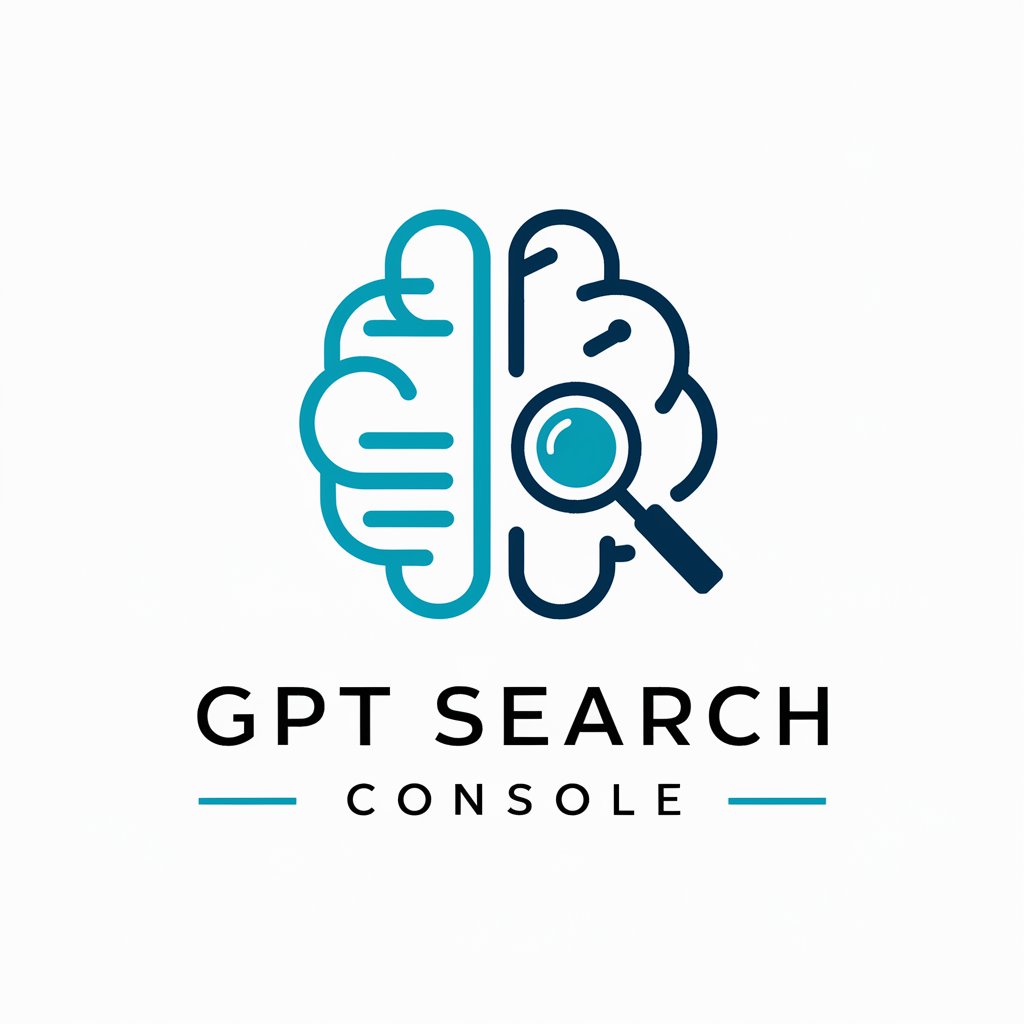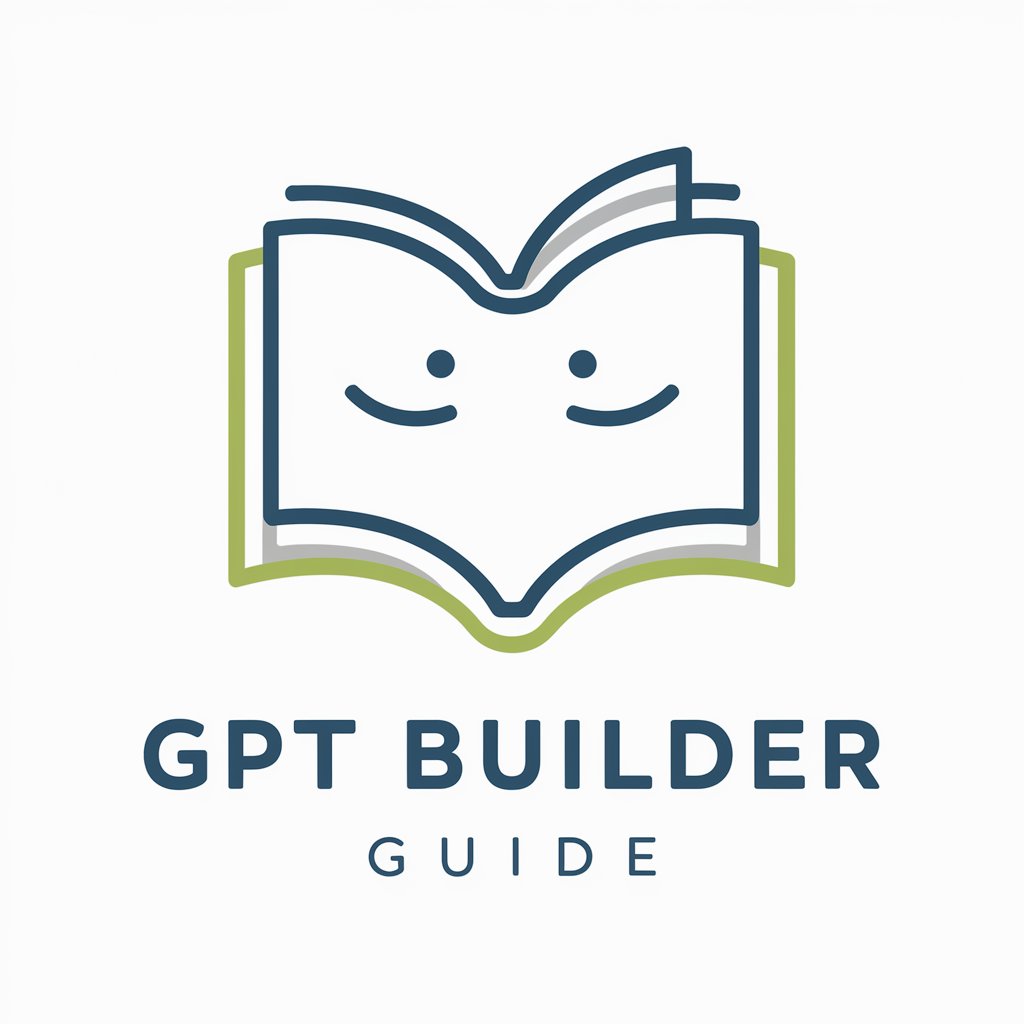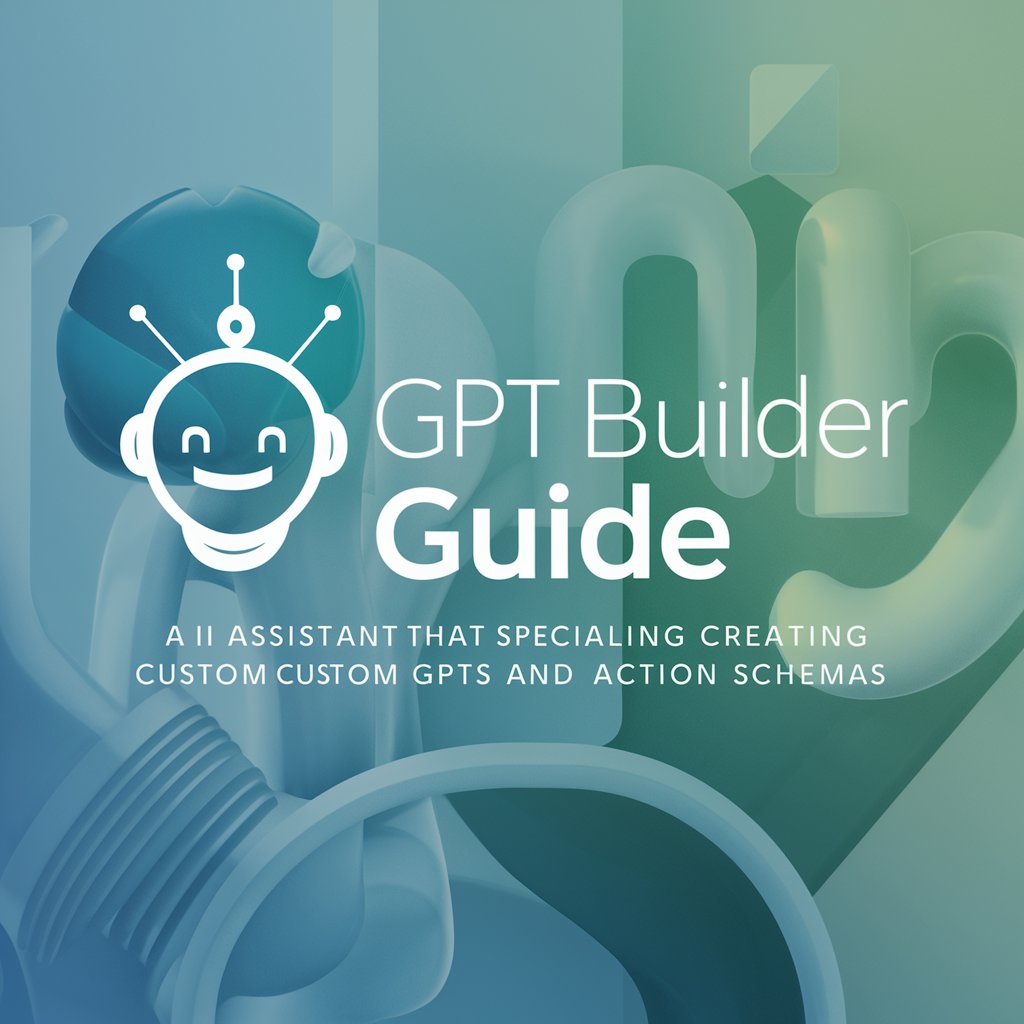
SEO Search Console Analysis - SEO Traffic Insights

Welcome to SEO Search Console Analysis!
Unlock SEO insights with AI-powered analysis
Analyze the recent search traffic trends for the domain
Provide insights on the top-performing keywords for
Generate a report on the click-through rates for
Examine the impressions and average position data for
Get Embed Code
Introduction to SEO Search Console Analysis
SEO Search Console Analysis is a specialized tool designed to help website owners, marketers, and SEO professionals understand and improve their site's visibility in search engine results. It provides insights into search traffic, performance metrics, and user interaction with a website as indexed by search engines. By leveraging data from the Search Console, it aids in identifying trends, optimizing content, and diagnosing issues that could affect search rankings. For example, a user might use SEO Search Console Analysis to track the performance of specific keywords or to analyze the click-through rate (CTR) from search results to their website, thereby identifying opportunities for improving meta descriptions or titles. Powered by ChatGPT-4o。

Main Functions of SEO Search Console Analysis
Keyword Performance Analysis
Example
Identifying which keywords are driving traffic to a site, their respective CTRs, and their rankings in search results.
Scenario
A digital marketer uses this function to pinpoint high-performing keywords to focus on and underperforming ones to improve, optimizing content strategy accordingly.
Search Traffic Insights
Example
Analyzing trends in search traffic over time, including total clicks, impressions, and average position.
Scenario
An SEO specialist monitors search traffic following a major site update to assess its impact on search visibility and user engagement.
URL Inspection and Indexing Status
Example
Checking the indexing status of URLs and identifying any issues preventing them from appearing in search results.
Scenario
A website developer uses this function to ensure new or updated content is properly indexed by search engines, resolving any detected issues.
Mobile Usability Analysis
Example
Examining how mobile-friendly a website is and identifying pages with usability issues on mobile devices.
Scenario
A web designer evaluates a site's mobile usability to prioritize improvements, enhancing the mobile user experience and potentially boosting mobile search rankings.
Ideal Users of SEO Search Console Analysis Services
SEO Professionals
Experts focused on optimizing websites for better search engine ranking. They benefit from comprehensive search performance insights to refine SEO strategies.
Digital Marketers
Individuals responsible for online marketing strategies. Using SEO Search Console Analysis, they can understand audience behavior, improve campaign targeting, and measure ROI from organic search.
Content Creators and Bloggers
Writers and publishers who rely on organic search traffic. They use the tool to identify trending topics, optimize content for relevant keywords, and increase visibility.
Web Developers and Designers
Professionals focused on the technical aspects of websites. They utilize the tool to ensure that site updates enhance rather than hinder search performance and user experience.

How to Use SEO Search Console Analysis
Start Your Journey
Begin by visiting yeschat.ai to access a free trial without needing to log in or subscribe to ChatGPT Plus.
Enter Domain Information
Provide the domain for which you seek search traffic insights. Ensure it's entered correctly to get accurate data.
Select Date Range
Choose a specific date range for the analysis, ideally the past 30 days, to understand recent search performance.
Analyze the Data
Review the provided search traffic data, including clicks, impressions, CTR, and position metrics for your domain.
Optimize and Apply
Use the insights to optimize your website's SEO strategy and improve your search engine rankings.
Try other advanced and practical GPTs
GPT Search Console
Elevate Your SEO with AI

Search Console Query Analyzer
Unlock SEO insights with AI-driven analysis

SEO Console Guide
Empower Your SEO with AI

Excel Spreadsheet Maker
Empower your data with AI-driven spreadsheets.

Spreadsheet Expert Assistant
Empower your spreadsheets with AI

Spreadsheet Creator
Transform data into decisions with AI

🇫🇷 翻译学士 🇨🇳
Bridging Languages with AI Precision

GPT Builder Guide
Empowering AI customization with smart technology

GPT Builder Guide
Tailoring AI with Expert Precision

GPT Builder Guide
Smart AI, Customized Help

Custom GPT Builder Guide/Build Your GPT BETTER
Empower Your AI with Custom GPT

GPT Builder Guide
Tailor-made AI, Powered by You

FAQs about SEO Search Console Analysis
What is SEO Search Console Analysis?
It's a tool that provides insights into a website's search traffic data from Google Search Console, including metrics like clicks, impressions, and search rankings.
How can I access my domain's search data?
You'll need to enter your domain into the tool. It attempts to retrieve data using the domain property first, and if unsuccessful, it uses the URL-prefix property.
What date range should I use for analysis?
For the most relevant insights, analyzing the past 30 days is recommended. However, you can select any date range that suits your needs.
Can this tool help improve my website's SEO?
Yes, by providing detailed insights into your website's search performance, you can identify areas for optimization and improve your SEO strategy.
Is there a limit to the number of rows I can retrieve?
Yes, the tool limits the number of rows to 100 per query to ensure data is manageable and relevant.





